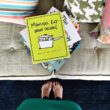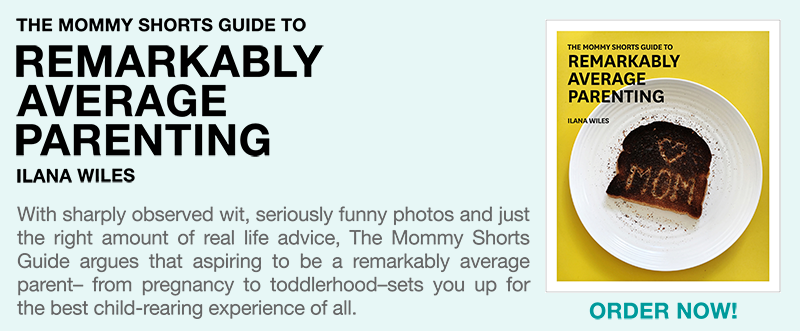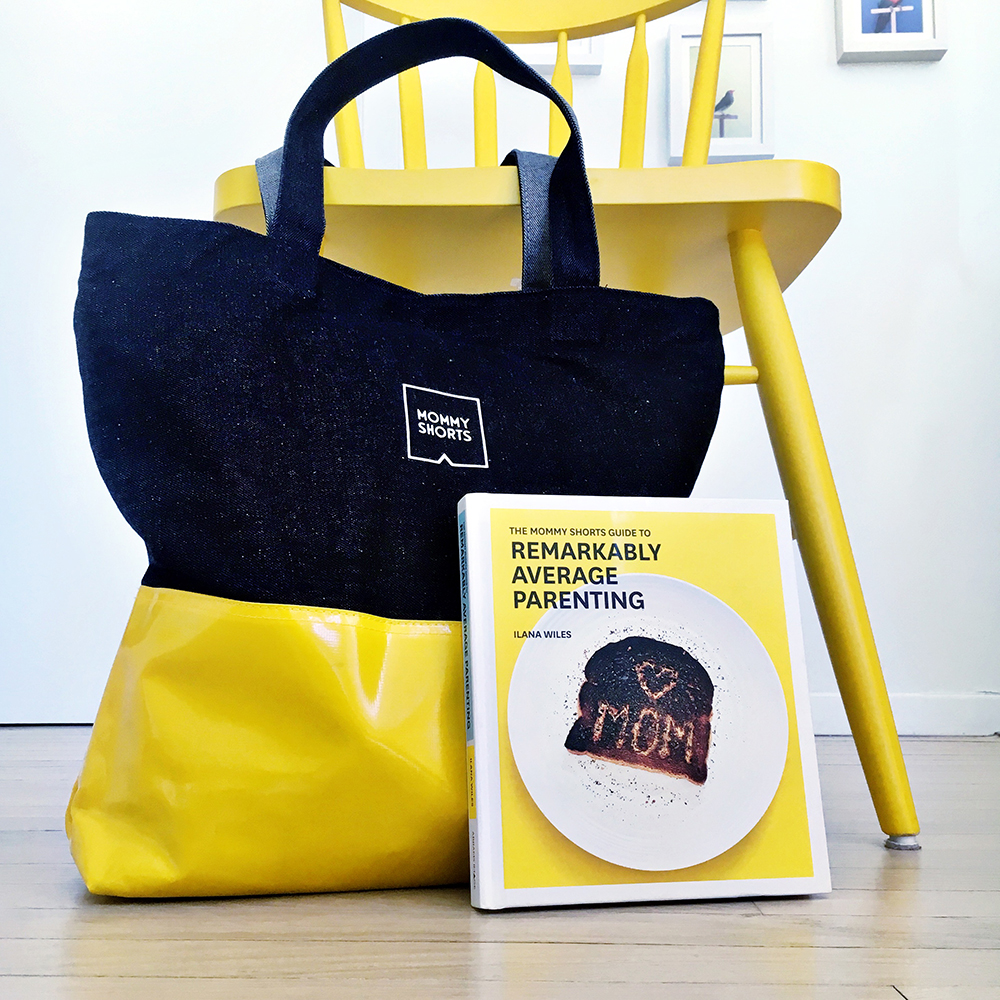 Dr. B (AKA my sister) has a doctorate in school
Dr. B (AKA my sister) has a doctorate in school
psychology specializing in early childhood
development. Last week she enlightened us
with her Top Ten Tips For Reading to Your Baby.
This week she's bringing her expertise to bath
time. Dr. B says baths are not just for getting the
baby clean, they are also huge opportunities for
learning. And here I was busy obsessing over the
hair on the bathroom floor and wondering why our
stupid bath mat doesn't stay suctioned to the
bottom of the tub (does anybody else have this problem?) when I should be focusing on building my baby's cognitive skills! If she doesn't get into preschool because someone asks her where her shoulder is and she points to her ear, it is all my fault.
Introduce at: 6 months
How you play: Use bath time as an opportunity to teach your baby about his/her body. Sing songs such as "Head, Shoulders, Knees, and Toes" or “This is the way we wash our…" while pointing to and washing each body part. Give your baby bath toys such as cups, watering cans, rubber ducks, and shaped sponges to make the game more interactive. Use the watering can to pour water over different body parts as you name them. Or place a bath toy or fun shaped sponge on your baby's body and say something like, “Where’s the duck? It’s on baby’s belly!” For toddlers, bring a waterproof doll into the tub and have them wash the body parts that you wash. For example, say, “I’m going to wash your foot. Can you wash your doll’s foot?"
Why its good for the baby: Playing in the water is a great time to engage with your baby because you have their undivided attention. It is an opportunity to teach new vocabulary and develop important cognitive skills. Playing games in the bath can also help a baby who may not like water to enjoy the experience.
























